Below are some of the highlights of the research that was presented at the 9th annual Resuscitation Science Symposium. As I mentioned in my email last week, this research contributes to the overall ECC knowledge discovery, translation and transfer process, as it helps to inform potential changes to ECC science and education for the 2015 Guidelines, as well as Scientific Statements that may be released between Guidelines years. While highly scientific, the presentation “conclusions” will give you a good summary and a glimpse of possible outcomes and recommendations.
I hope you find this information of interest and please let me know if you have any questions.
ReSS Highlights:
Derivation of a Novel Hypothermic to Ischemic Ratio as an Indicator for Predicting and Improving Survival from Out-of-Hospital Cardiac Arrest
Kelly N. Sawyer, MD
Virginia Commonwealth University, Richmond, Va.
Intra-Arrest Induction Of Therapeutic Hypothermia Via Large-Volume Ice-Cold Saline Infusion Improves Immediate Outcomes For Out-of-Hospital Cardiac Arrest
John Freese, MD
Fire Department of New York, Brooklyn, N.Y.
Resuscitation with Adenocaine and Magnesium Reduces Fluid Requirement and Improves Cardiac Function Following 72% Blood Loss in the Pig
Asger Granfeldt, MD
Aarhus University Hospital, Aarhus, Denmark
The Benign Nature of Therapeutic Hypothermia Induced Long QTc
Daniel Weitz
New York University, New York, N.Y.
The Induction of Mild Hypothermia Prevents Acute Respiratory Failure During Endotoxemia in Pigs
Michael Schwarzl, MD
Medical University of Graz,
Graz, Austria
The Impact of Time to Target Temperature on Survival to Hospital Discharge for Patients Undergoing a Comprehensive Post-Resuscitation Program following Out-of-Hospital Cardiac Arrest Michael C. Kurz
Virginia Commonwealth University,
Richmond, Va.
